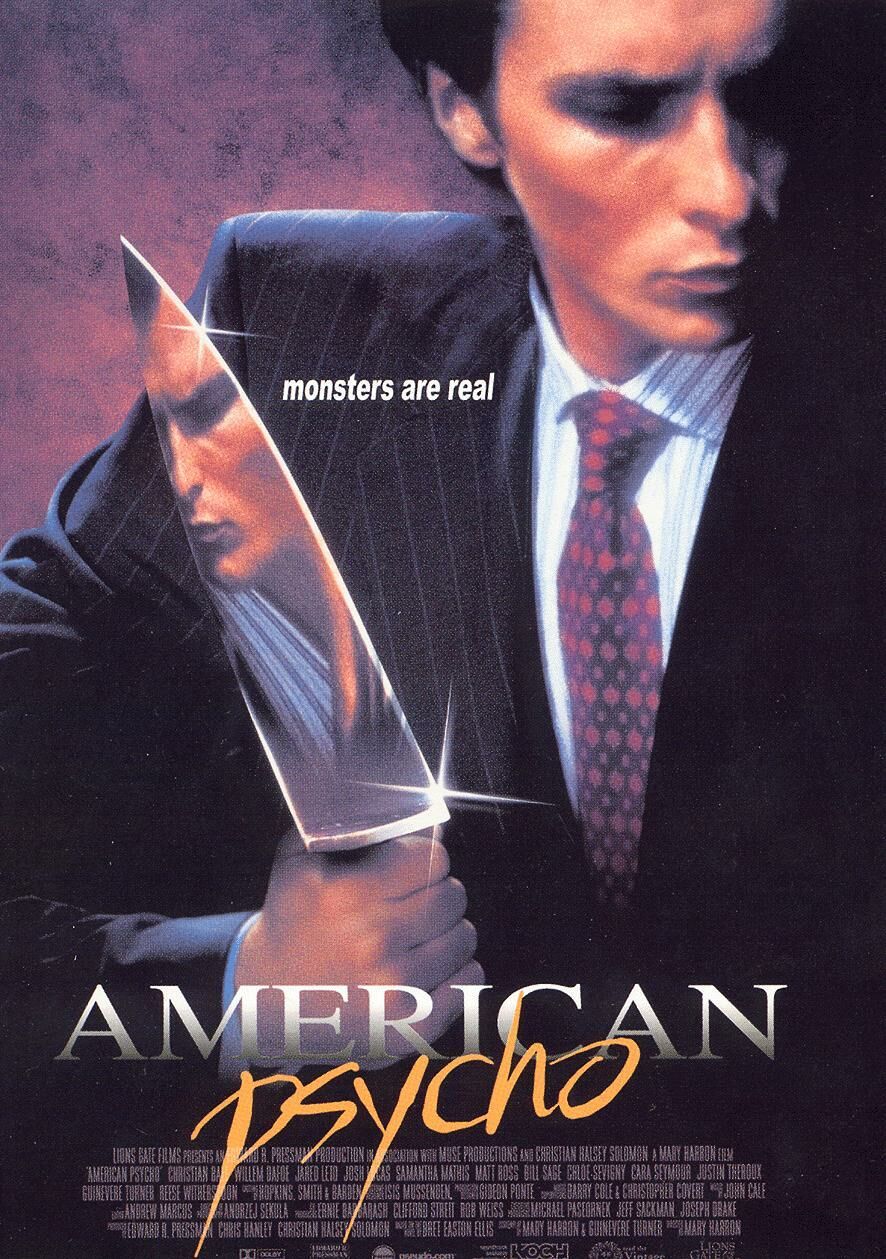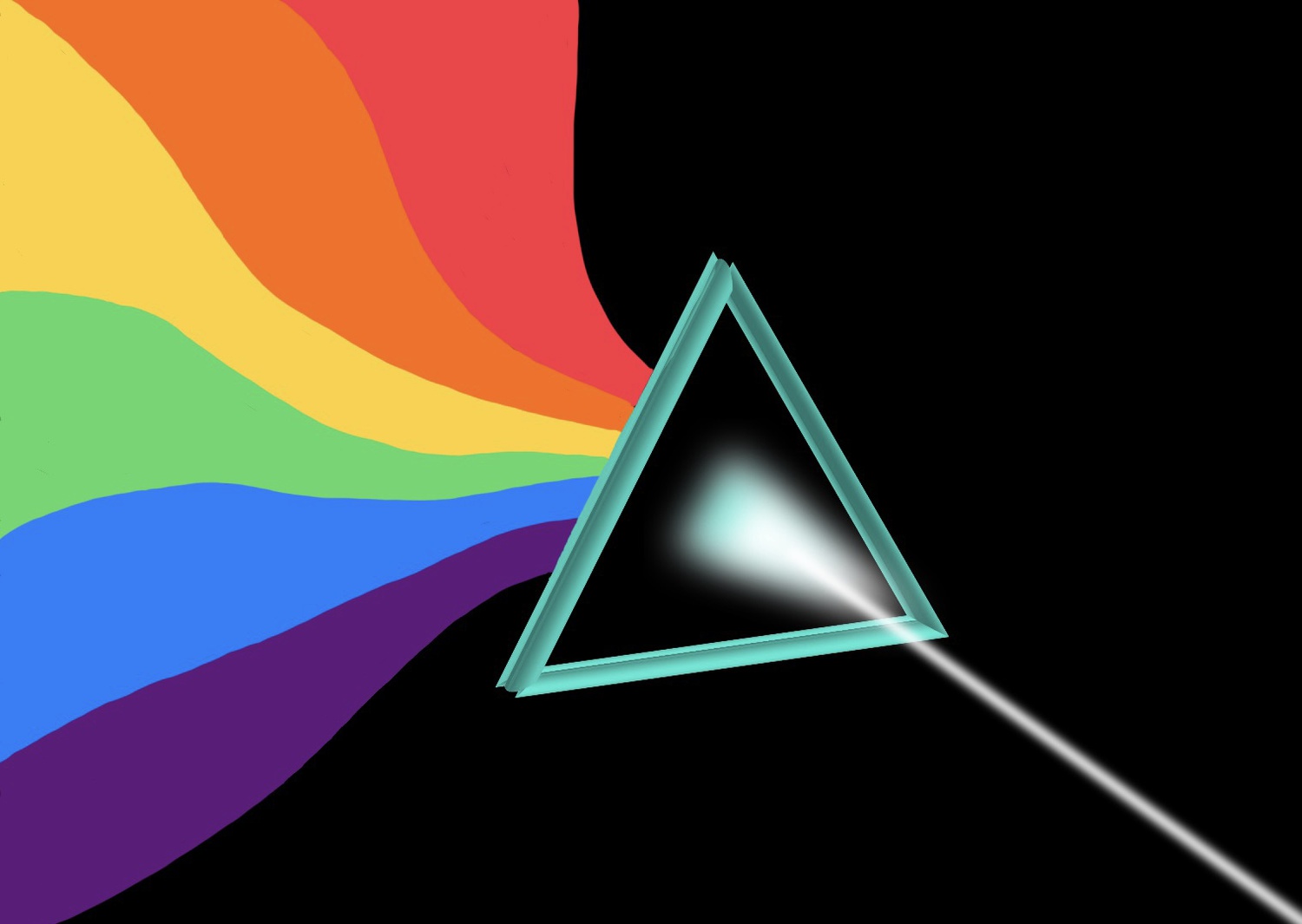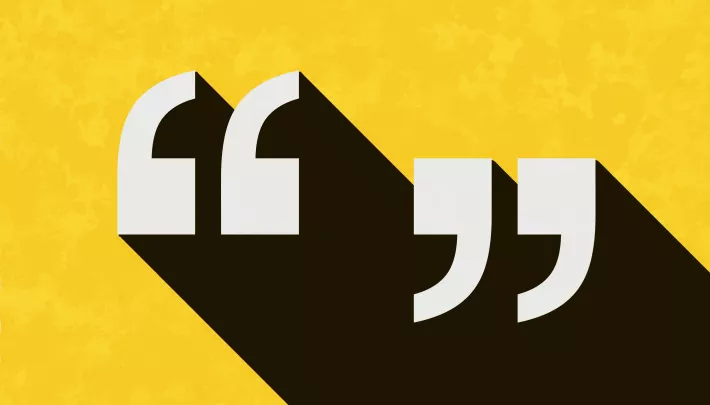- Top 10 Cult Classics That Have Achieved Legendary Status
- Top 10 Superhero Movies of the 21st Century
- Top 10 Films Directed by Women Filmmakers
- Top 10 Animated Films for All Ages
- Top 10 Time Travel Movies
1. “The Hurt Locker” (2008) – Directed by Kathryn Bigelow
Kathryn Bigelow’s “The Hurt Locker” is a riveting war drama that immerses the audience in the life of a bomb disposal squad during the Iraq War. The film is known for its intense realism, gritty portrayal of combat, and the psychological toll it takes on the soldiers. “The Hurt Locker” is a top choice because it’s not only a masterclass in directing and storytelling but also because it made history as the first film directed by a woman to win the Academy Award for Best Director. Kathryn Bigelow’s skillful direction and her ability to capture the human cost of war make this a standout film.
2. “Lost in Translation” (2003) – Directed by Sofia Coppola
Sofia Coppola’s “Lost in Translation” is a quiet and contemplative exploration of loneliness and human connection. The film follows the unlikely bond between a washed-up actor (Bill Murray) and a young woman (Scarlett Johansson) in a Tokyo hotel. “Lost in Translation” is a top choice because it’s a beautifully crafted and introspective film that relies on subtlety and nuance. Sofia Coppola’s direction evokes a sense of melancholy and wanderlust, and her ability to convey complex emotions without relying on dialogue sets this film apart.
3. “Lady Bird” (2017) – Directed by Greta Gerwig
Greta Gerwig’s directorial debut, “Lady Bird,” is a coming-of-age film that resonates with authenticity and humor. The film chronicles the life of Christine “Lady Bird” McPherson (Saoirse Ronan) as she navigates her senior year in a Catholic high school and her strained relationship with her mother. “Lady Bird” is a top choice because Greta Gerwig’s direction captures the complexities of growing up and the dynamics of family relationships. Her ability to infuse the film with both warmth and humor while addressing universal themes of self-discovery makes this a standout work.
4. “Selma” (2014) – Directed by Ava DuVernay
Ava DuVernay’s “Selma” is a powerful historical drama that centers on the Civil Rights Movement and Dr. Martin Luther King Jr.’s leadership in the 1965 Selma to Montgomery voting rights marches. The film is a top choice because it not only provides a riveting portrayal of a pivotal moment in American history but also showcases Ava DuVernay’s skill in capturing the emotional weight and social impact of the events. Her direction brings a sense of urgency to the narrative, making it a compelling and thought-provoking film.
5. “Persepolis” (2007) – Directed by Marjane Satrapi and Vincent Paronnaud
“Persepolis” is a visually striking animated film co-directed by Marjane Satrapi and Vincent Paronnaud. Based on Satrapi’s graphic novel, the film tells the story of her childhood in Iran during and after the Islamic Revolution. “Persepolis” is a top choice because it’s a unique and personal exploration of cultural identity, resilience, and the search for freedom. Marjane Satrapi’s direction, along with the distinctive black-and-white animation, conveys the emotional and political complexities of her life.
6. “Winter Sleep” (2014) – Directed by Nuri Bilge Ceylan
Nuri Bilge Ceylan’s “Winter Sleep” is a Turkish drama that delves into the lives of a hotel owner and his relationships with the people around him, including his wife and tenants. The film is a top choice because it represents the directorial work of a woman from a different cultural perspective. “Winter Sleep” is directed by Nuri Bilge Ceylan’s wife, Ebru Ceylan, and her collaboration with her husband on this emotionally rich and contemplative film showcases her ability to bring nuanced characters and deep philosophical questions to the screen.
7. “The Babadook” (2014) – Directed by Jennifer Kent
Jennifer Kent’s “The Babadook” is a chilling horror film that combines psychological horror with a deep exploration of grief and motherhood. The film follows a widow, Amelia (Essie Davis), and her young son as they face a sinister presence that emerges from a mysterious children’s book. “The Babadook” is a top choice because it showcases Jennifer Kent’s directorial talent in creating an atmosphere of dread and crafting complex, layered characters. Her approach to horror as a means of examining the human psyche and emotions sets this film apart.
8. “American Psycho” (2000) – Directed by Mary Harron
Mary Harron’s “American Psycho” is a darkly satirical film that offers a scathing critique of the excesses of the 1980s. The film follows the life of Patrick Bateman (Christian Bale), a wealthy and psychopathic investment banker. “American Psycho” is a top choice because it’s a challenging and subversive work that deftly explores themes of consumerism, identity, and the moral decay of a society. Mary Harron’s direction adds a layer of satire and social commentary that makes this film a unique and thought-provoking entry in the genre.
9. “Fish Tank” (2009) – Directed by Andrea Arnold
Andrea Arnold’s “Fish Tank” is a British drama that tells the story of Mia (Katie Jarvis), a fifteen-year-old girl growing up in a bleak housing estate. The film explores Mia’s coming-of-age journey and her complex relationship with her mother’s new boyfriend. “Fish Tank” is a top choice because it’s a raw and emotionally charged film that captures the struggles of working-class life. Andrea Arnold’s direction adds a sense of authenticity and depth to the characters and their environment, creating a powerful and moving narrative.
10. “The Piano” (1993) – Directed by Jane Campion
Jane Campion’s “The Piano” is a visually stunning period drama set in 19th-century New Zealand. The film follows Ada (Holly Hunter), a mute woman who communicates through her piano, and her tumultuous relationships with a frontiersman (Sam Neill) and a Maori man (Harvey Keitel). “The Piano” is a top choice because it’s a masterclass in storytelling and cinematography. Jane Campion’s direction infuses the film with sensuality, tension, and a profound exploration of desire and autonomy.
In conclusion, these top 10 films directed by women filmmakers are a testament to the diversity and depth of cinematic storytelling. They cover a wide range of genres and themes, from historical dramas to horror, coming-of-age tales, and explorations of complex human emotions. Each film is a reflection of the director’s unique perspective and storytelling prowess, offering audiences compelling narratives and thought-provoking experiences. These films highlight the significant contributions of women directors to the world of cinema and showcase their ability to create exceptional and impactful works of art.



